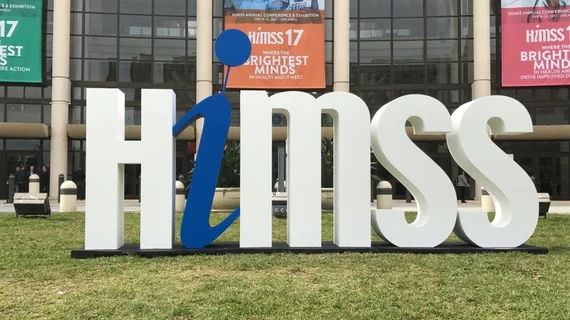Health IT groups oppose $22M cut to ONC in Trump’s budget
Reducing funding to the Office of the National Coordinator for Health IT (ONC) from $60 million to $38 million, as the Trump administration has proposed, may hamper advancements in interoperability and the goals of 21st Century Cures Act, according to several leading health IT groups.
The cuts to ONC aren’t unique, as the larger HHS budget proposes a 16 percent reduction across the agency, including billions from the National Institutes of Health and the Centers for Disease Control and Prevention.
The justification for the ONC cuts are different. In a more detailed budget proposal, ONC said with the “vast majority of physicians and hospitals” having adopted electronic health records, the agency should be scaled back to focus less on health IT adoption. This would be achieved through eliminating several ONC offices and function, like the Health IT Adoption program and the Office of the Chief Privacy Officer.
Those kind of cuts, combined with reductions elsewhere in HHS, “sends the wrong message that the U.S. is not fulfilling Congress’ intention of maintaining the U.S. as the leading voice on medical innovation,” according to Thomas Leary, vice president of government relations of Health Information and Management Systems Society (HIMSS).
HIMSS and several others mentioned how the cuts would affect implementation of the 21st Century Cures Act. The ONC budget claimed the $38 million would be enough to cover the rulemaking, performance planning and evaluation required by Cures, but even in those areas, funding is being cut, albeit by smaller amounts, like a $1 million cut in policy development and coordination.
“The bipartisan passage of the Cures Act by Congress last year made clear that investment in our nation’s health IT infrastructure is critically important if we are to advance new drugs and devices and fully realize the benefits of a learning healthcare system. ONC is a critical partner in this endeavor,” said Lynne Thomas Gordon, MBA, CEO of the American Health Information Management Association (AHIMA).
American Medical Informatics Association (AMIA) Chairman Thomas Payne, MD, went further in his critique, saying the cuts would “reverberate across our nation’s hospitals” and result in a “stagnant patchwork of IT-enabled patient care.”
“At a time when we should be acting on bipartisan agreements, such as passage of the 21st Century Cures Act or the Precision Medicine Initiative, and building on our nationwide investment in EHR adoption, this budget request stops progress in its tracks,” Payne wrote.
Recent surveys have shown while adoption of EHRs has been widespread, providers are still struggling to make sense of the technology. In a survey released at HIMSS 2017, providers listed EHRs as their second-highest IT priority.

